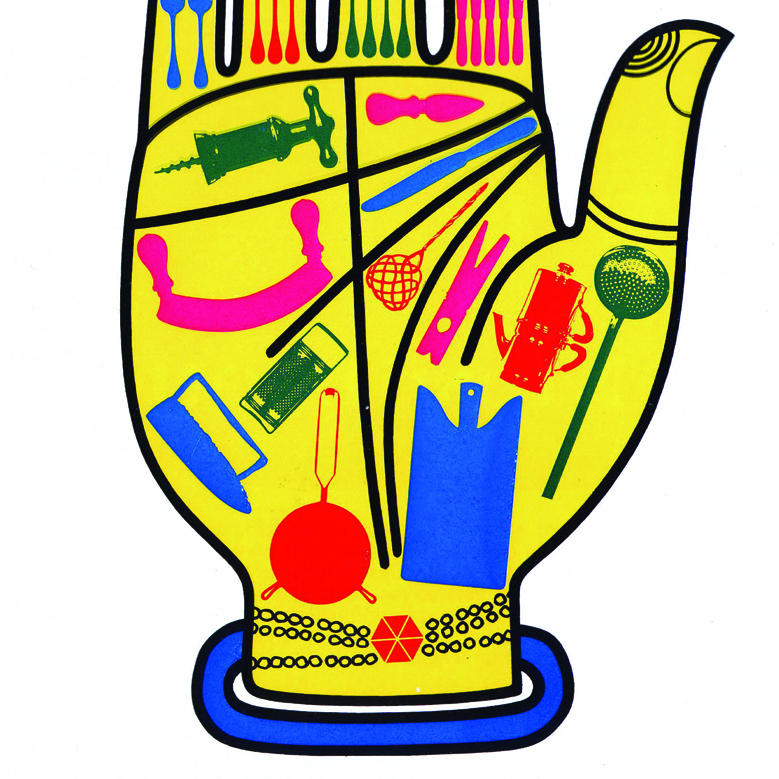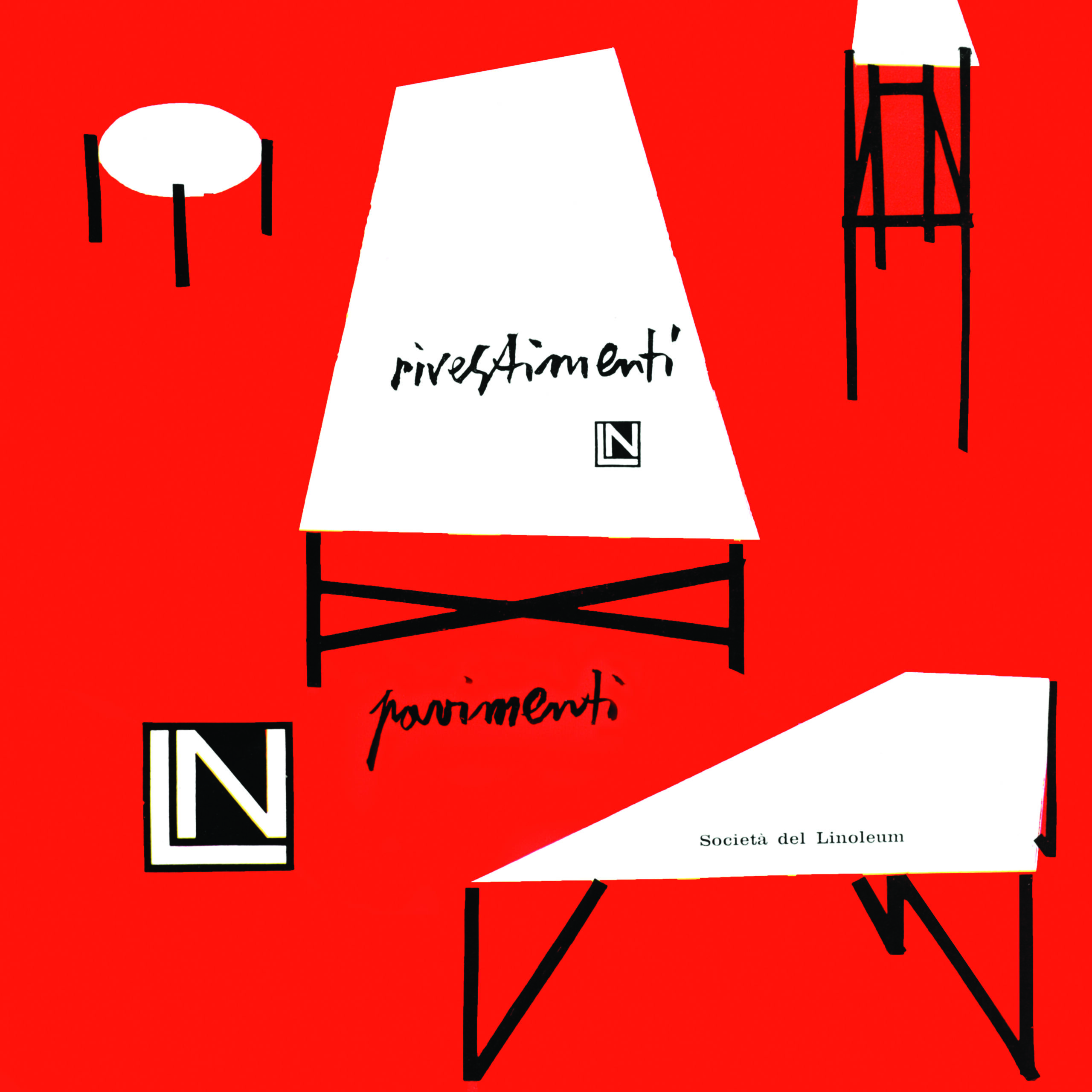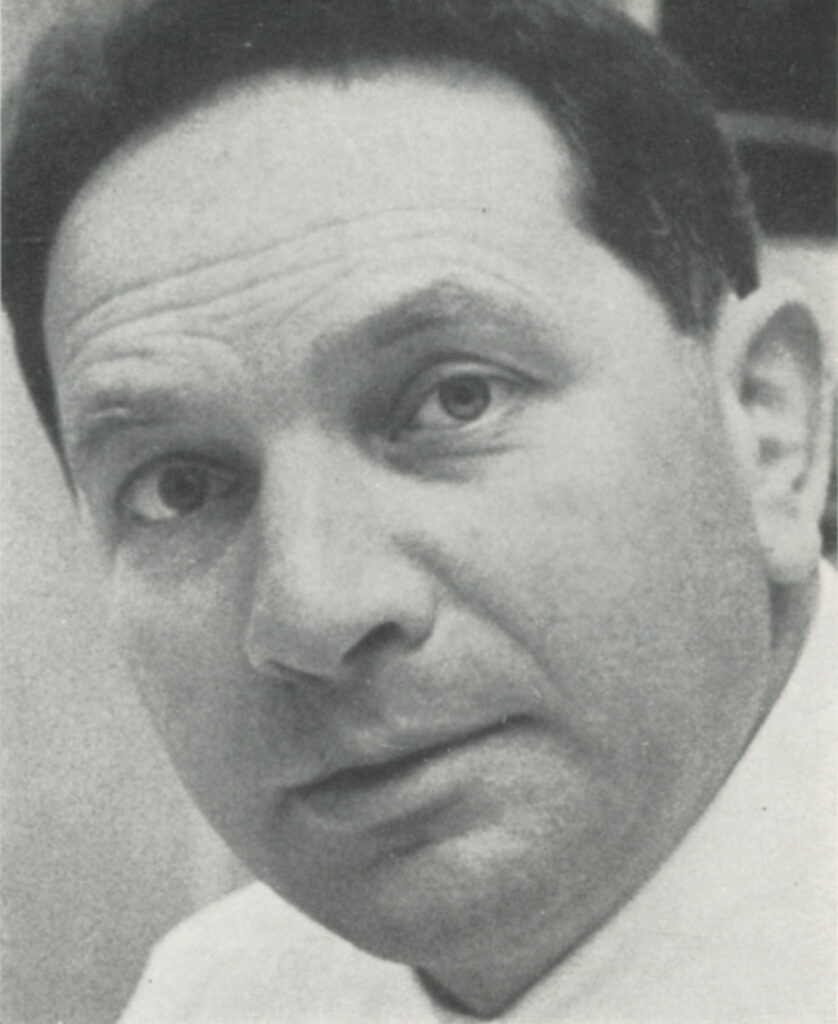Albe Steiner
Albe Steiner, born Alberto Massimo Alessandro Steiner (Milan, 1913 – Raffadali, Agrigento, 1974), was an Italian designer and partisan. He was a reference point for Italian graphic design with his style characterised by a continuous pursuit for the utmost clarity and legibility of visual language and an absence of formalism, as well as being a firm believer in the need for a relationship between art alongside political and social commitment.
At the end of World War II, as a graphic designer, he joined the editorial staff of «Il Politecnico», directed by Elio Vittorini, where he made a lot of headlines through his innovative graphic choices.
From 1950 to 1954, he was art director of Rinascente and was among the promoters of the exhibition that would give rise to the Compasso d’Oro award. Moreover, in the 1950s, he was a lecturer at the Società Umanitaria in Milan. He later taught courses at the University of Venice, the ISIA in Urbino and at art institutes in Parma, Rome and Florence.
He collaborated with companies, organisations and cultural institutions such as RAI, the Piccolo Teatro, the Triennale Milano, the Teatro Popolare Italiano, Italia ’61, the Venice Biennale and Coop. He designed, together with architect Lodovico Barbiano di Belgiojoso, the Museum-monument to the political and racial deportee in Carpi, which was inaugurated in 1973.
He was a founding partner of ADI and a member of AGI.


